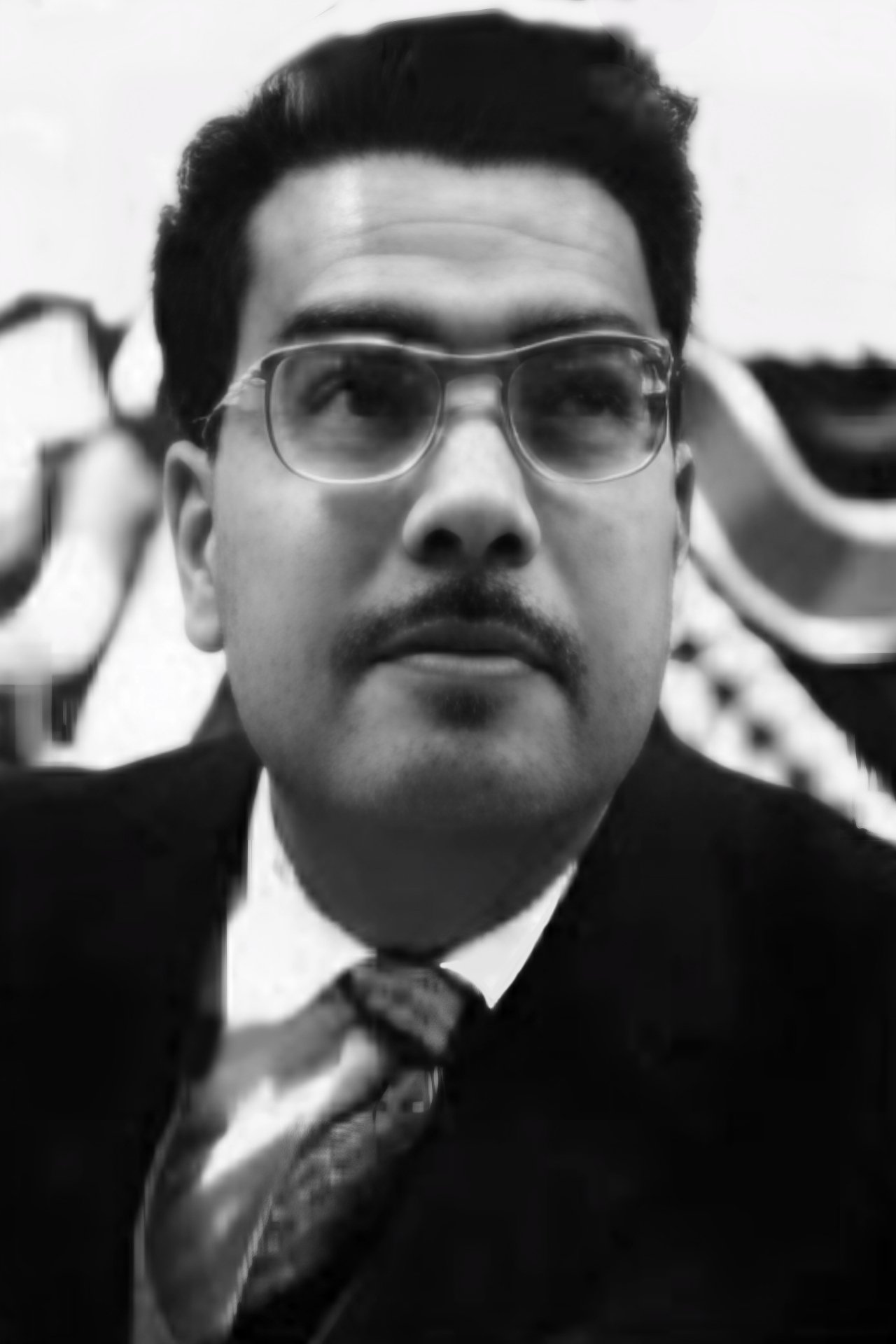
Bachir Hadj Ali, Algerian poet and political activist, was born in the Casbah of Algiers on December 10, 1920 to a family from Aït Hammad (Azeffoun) in Kabylia. He attended the Koranic school and the French school but, to help his family, in 1937 decided not to enter the Normal School for Teachers. After his demobilization, in 1945 he joined the Algerian Communist Party (PCA). In 1948 he became editor-in-chief of the newspaper Liberté, the central organ of the PCA, joined its secretariat in 1951 and was in 1953 sentenced to two years in prison by the colonial courts for endangering state security. Remaining in hiding throughout the war of national liberation, Bachir Hadj Ali negotiated in 1956 with Sadek Hadjerès the individual integration into the ALN of the “Liberation Fighters”, a military organization of Algerian communists, created in 1954, including he is responsible. He then took over the management of the PCA. After Independence, President Ben Bella banned the PCA in November 1962. Bachir Hadj Ali is, alongside Mouloud Mammeri, Jean Sénac, Mourad Bourboune, one of the founders of the Union of Algerian Writers, from which he resigned in 1963. After Houari Boumediène took power on June 19, 1965, he created the “Organization of Popular Resistance” (ORP) with the left of the FLN, Hocine Zahouane and Mohammed Harbi. In September he was arrested and tortured in the premises of Military Security in Algiers. Transferred in November to Lambèse prison, he wrote L'Arbitraire on sheets of toilet paper which he managed to transmit, hidden in hollowed-out cigarettes, to his wife Lucette Larribère during her visits. The text which describes the torture he suffered, and from which he will have serious after-effects, was published in 1966 by Éditions de Minuit. Under censorship and therefore not including any political remarks, his letters from prison (Letters to Lucette, op. cit.) reflect his literary and musical sensitivity by showing even more the internalization of the communist formation which was attached to the progressive ideal of an Algerian Algeria. The readings and cultural references are those shared by communist intellectuals, from Nâzım Hikmet to Pablo Neruda, but even more so under the French horizon: Paul Éluard and, first of all, Louis Aragon, as well as the songs of Jean Ferrat. Malouf's passion is the North African touch, but which is projected into Algerian Andalusian music. Patriotism and socialism are a sentiment in the exaltation of the permanence of the people. Released in 1968, Bachir Hadj Ali was placed under house arrest in Saïda then Ain Sefra. Banned from staying in major Algerian cities, he did not return to Algiers until 1974. Officially released in 1974, Bachir Hadj Ali reduced his activities to the field of poetry and musical knowledge: he gave conferences, participated in conferences and seminars, supported the theatrical experience of Abdelkader Alloula. Writing poems and essays, Bachir Hadj Ali, founder in 1966 of the Socialist Avant-Garde Party (PAGS). The suffering endured and the after-effects of the abuse, the increasing physical deterioration, brought him, after 1980, “into an increasingly opaque night”. He died in Algiers on May 9, 1991.